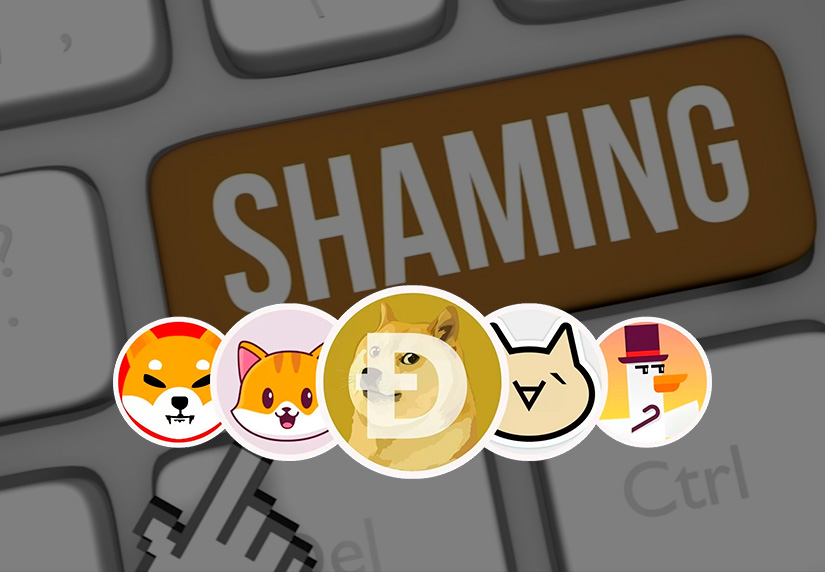TL;DR
- Crypto leaders are debating the use of a “social layer” to collectively ostracize those involved in memecoin scams, aiming to deter fraudulent activities.
- The proposal has received mixed reactions, with some supporting the idea of social shaming, while others express concerns about its effectiveness and potential for misuse.
- Challenges include the difficulty of shaming habitual scammers and the risk of unfairly targeting credible individuals who make honest mistakes.
As memecoin traders continue to face significant losses, the crypto community is actively discussing new strategies to address insider-driven scams. One prominent idea is the implementation of a “social layer” to deter fraudulent activities.
https://twitter.com/samczsun/status/1891278052576936295
On February 17, Paradigm researcher Samczsun proposed a social solution to the memecoin problem, suggesting that the community collectively ostracizes those involved in meme token scams. By making the upside of one-time gains not worth the downside of being unwelcome in the community, this approach aims to mitigate fraudulent activities.
Diverse Opinions on Social Shaming

The proposal has garnered mixed reactions within the crypto community. Some members support the idea, believing that holding scammers accountable through social pressure is essential to preserving the industry’s integrity.
One user on social media emphasized the need for serious efforts to hold people accountable or risk losing the industry’s credibility altogether. However, not all crypto leaders agree with the effectiveness of social shaming. Solana co-founder Anatoly Yakovenko expressed concerns, stating that social layer “pitchforks” react to outcomes without predefined rules.
He argued that it would be challenging to implement such a system effectively, as scammers could easily shift their focus to different projects and key opinion leaders.
Challenges in Enforcing Social Accountability
Crypto trader Jordan Fish, known as “Cobie” on social media, echoed Yakovenko’s sentiments, highlighting the difficulties in shaming the shameless. Fish noted that people who should be shamed already know what they are doing and have chosen that path.
Additionally, the social layer approach may disproportionately affect credible individuals who make honest mistakes, rather than targeting habitual scammers.
Former Solana Foundation strategy lead Austin Federa added that while the social layer can effectively punish minor infractions, it is nearly impossible to go after scammers and influencers who operate outside the existing social structure.
The Path Forward
The debate over the social layer solution comes amidst high-profile memecoin fraud cases involving political figures. The continued memecoin frenzy has raised concerns about market integrity, with industry leaders divided on the best approach to address fraud. Some advocate for stronger regulatory action, while others believe in the potential of community-driven solutions.


